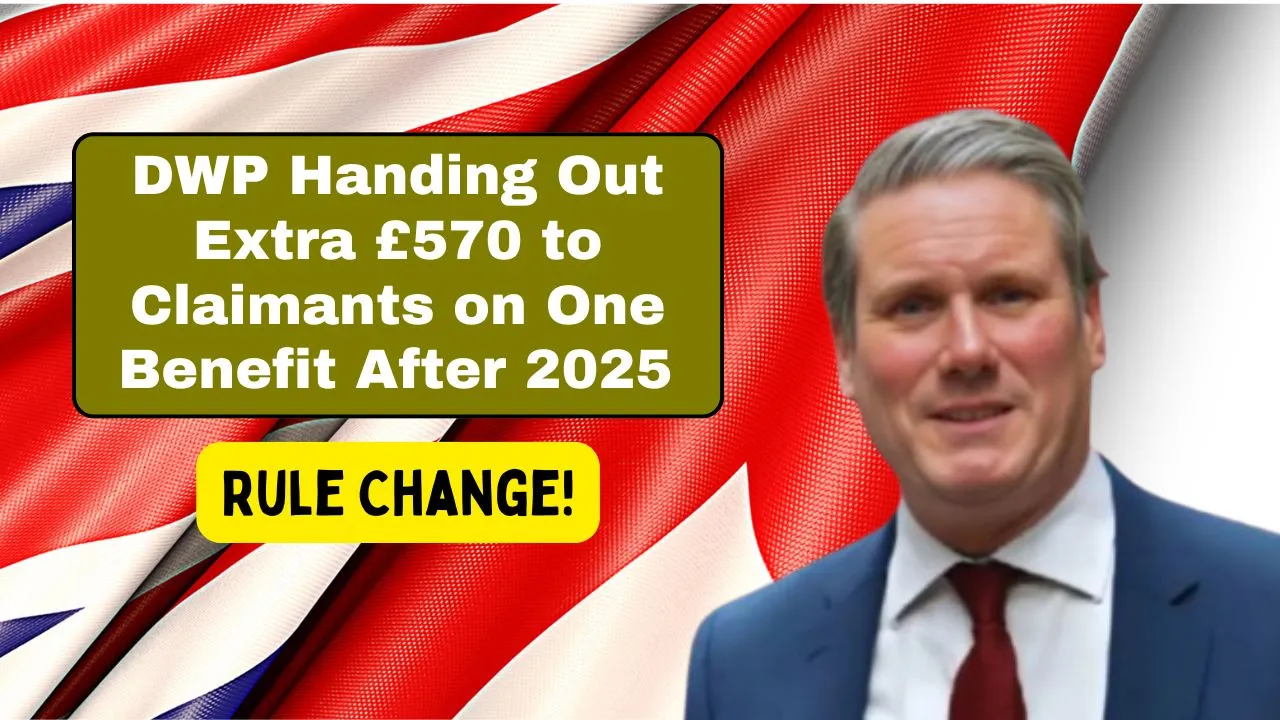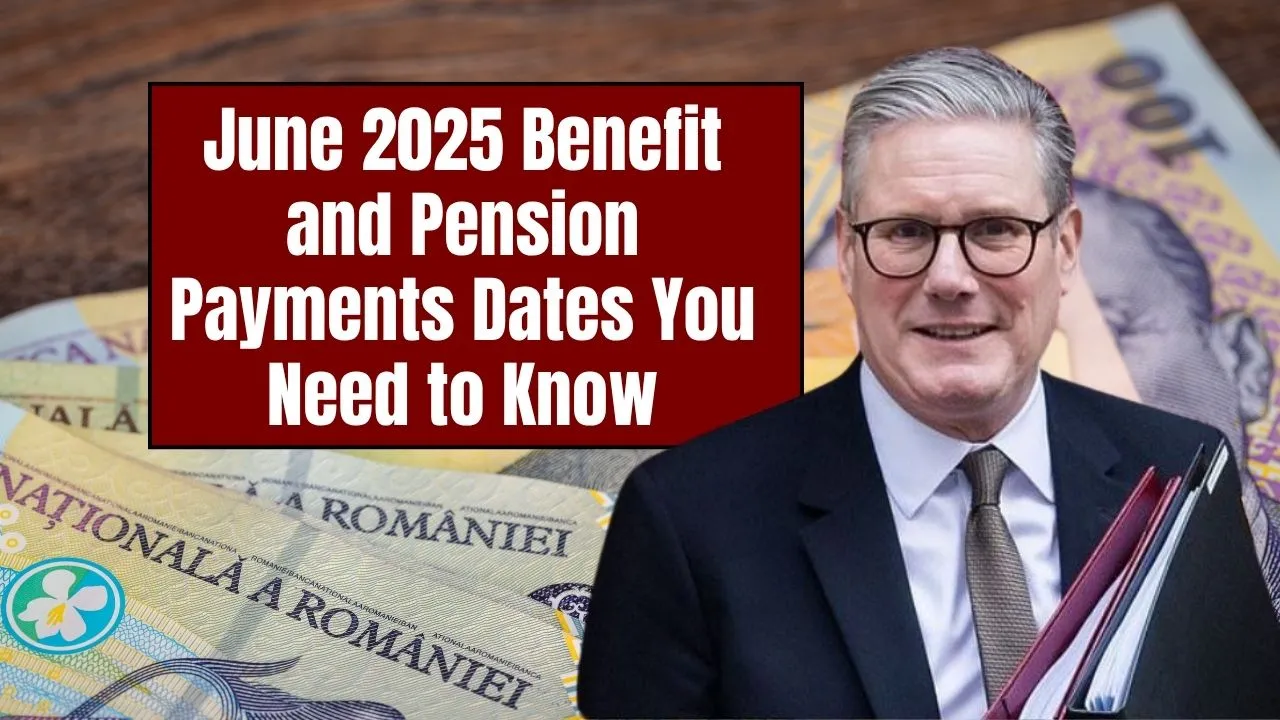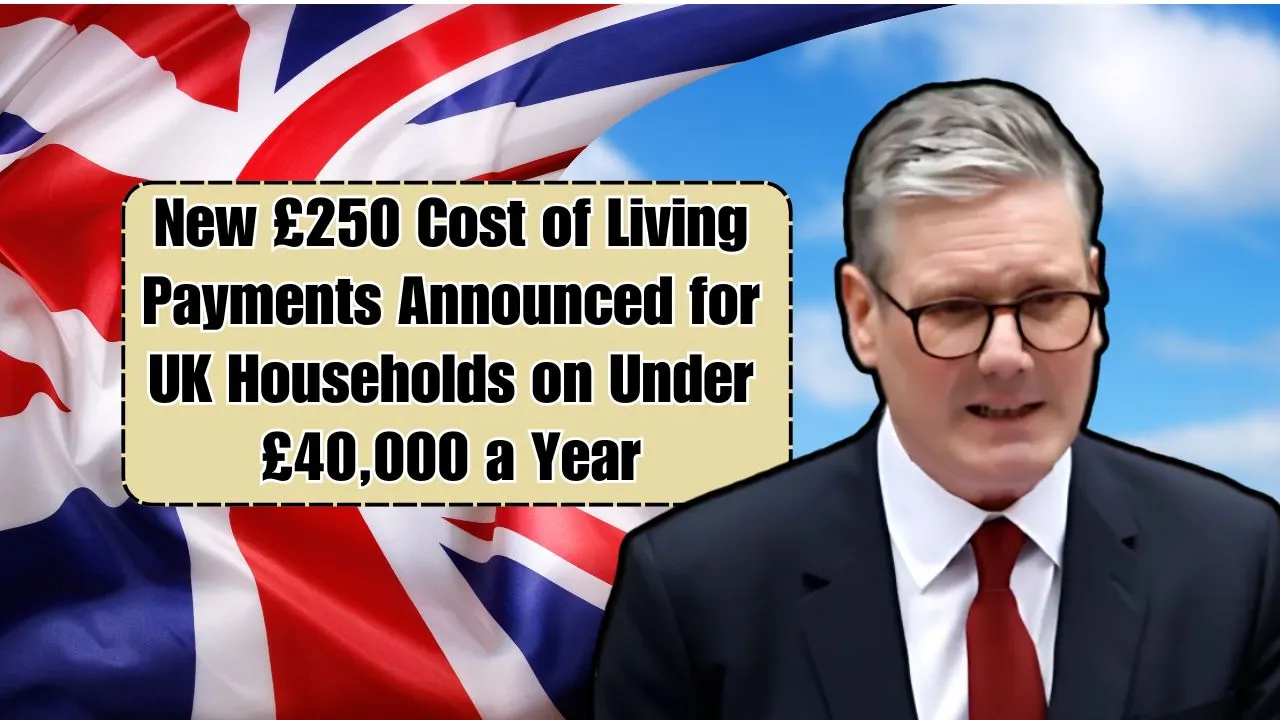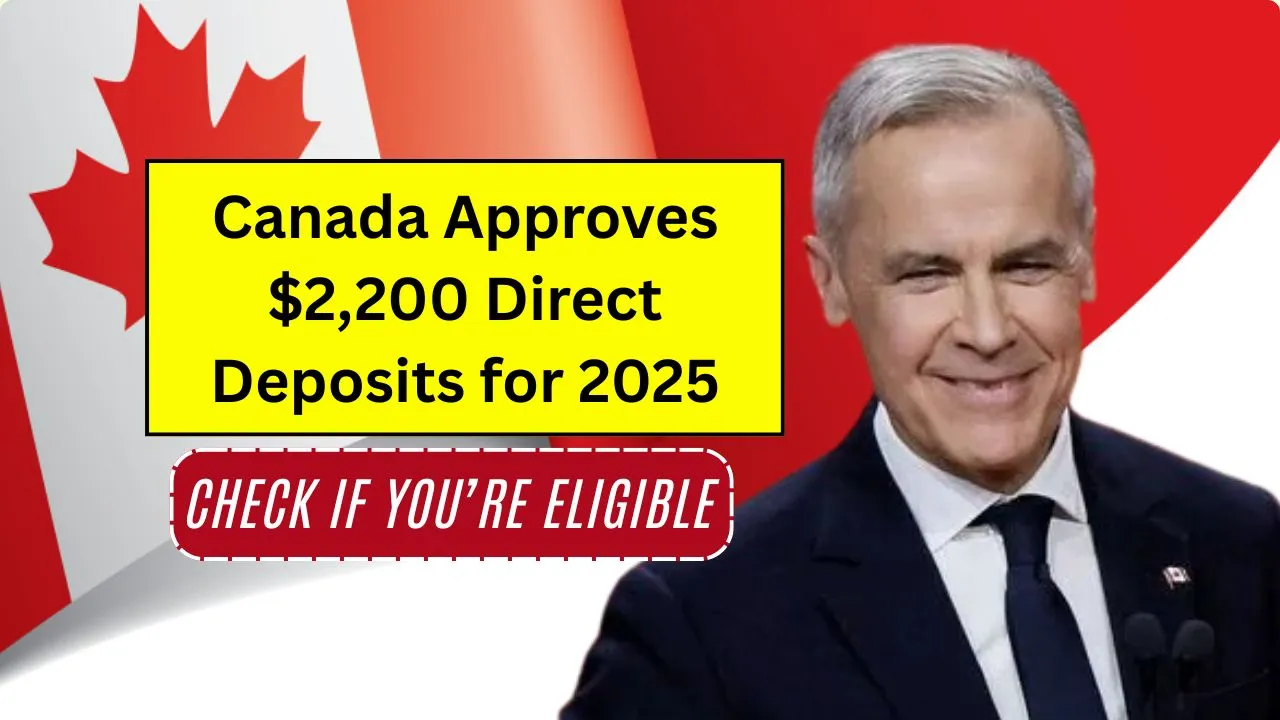DWP £570 payment : Millions of households receiving Universal Credit and other benefits are set to receive a financial boost from the Department for Work and Pensions (DWP) in 2025. As the cost of living continues to challenge families across the UK, the government has introduced key changes aimed at increasing support for low-income households. A combination of benefit uplifts and debt repayment reforms is behind the added support, which could result in extra payments of up to £570 for some claimants.
The DWP £570 payment will come as a welcome relief to around 1.2 million Universal Credit households impacted by new changes. These include an increase in benefit payments and a significant cut in repayment deductions for those in debt. The package includes an average £150 boost from a 1.7% uprating of benefits, and a further potential £420 annual gain due to adjustments in the Fair Repayment Rate. This article explains who qualifies, when to expect the changes, and how much you could gain in 2025.
DWP £570 Payment: What’s Changing and Who Qualifies?
The DWP £570 payment refers to the combined effect of two important policy updates coming into effect in 2025. First, a general uplift in working-age benefits such as Universal Credit has added approximately £150 to annual payments for claimants. Secondly, a reduction in the maximum deduction rate for repayments—falling from 25% to 15%—means eligible households could retain an additional £420 per year.
These changes aim to make it easier for families to meet basic living costs while still managing outstanding debts. With the adjustments now in place, more money is staying in claimants’ pockets each month.
Overview Table: Breakdown of the 2025 DWP Payment Increase
| Change Description | Impacted Group | Amount Gained | Implementation Date |
| Universal Credit Benefit Uplift (1.7%) | 5.7 million working-age households | £150 average | Early 2025 |
| Fair Repayment Rate lowered to 15% | 1.2 million households in debt | £420 average | April 30, 2025 |
| Total Potential Additional Support | Universal Credit claimants | Up to £570 | Throughout 2025 |
| Additional Child Benefit and DLA Support | Eligible families and disabled claimants | £150 average | Early 2025 |
Universal Credit Households See Average £150 Boost
The government’s 1.7% annual benefits uprating applies to working-age payments, including Universal Credit. This means millions of households are receiving slightly higher monthly benefits. On average, this boost adds £150 over the year. The goal is to align benefits with inflation and wage growth, supporting those in low-income brackets.
The Chancellor, Rachel Reeves, emphasized the importance of this policy by stating it reflects a “plan for change” designed to help struggling families, especially as the economy adjusts post-pandemic.
Debt Deduction Reform: Households Keep More of Their Income
Perhaps the most impactful update is the reform to the Fair Repayment Rate. Until recently, the DWP could deduct up to 25% of a claimant’s Universal Credit standard allowance to repay debts, such as overpaid benefits or advance loans. This often left households with significantly reduced monthly income.
Starting from April 30, 2025, this rate has been lowered to 15%, allowing many to retain more of their benefits. According to DWP estimates, this adjustment will mean around 1.2 million households will be up to £420 better off each year. This includes 700,000 families with children, who often face higher monthly expenses.
Who Else Is Getting a Payment Boost?
Beyond Universal Credit recipients, others on disability-related benefits will also see small increases. Payments such as Disability Living Allowance (DLA), Carer’s Allowance, and Child Benefit are all part of the benefits group receiving the 1.7% uplift. While the increase is modest, it’s part of a broader effort to support vulnerable populations amid rising costs.
Those who receive both Universal Credit and additional support like PIP or Carer’s Allowance could benefit even more from the changes this year.
Chancellor’s Statement and Government Position
Chancellor Rachel Reeves has affirmed the government’s commitment to supporting low- and middle-income households during this financially uncertain time. She stated, “We are making the decisions that support those who need it in Britain, putting money into people’s pockets and delivering our Plan for Change.”
The Chancellor noted that while adjusting repayment thresholds was a difficult decision, it was necessary to balance fairness, recovery of public funds, and people’s ability to cover daily costs.
Additional Support on Top of the £570
Some families may qualify for further support outside of these changes. For example:
- £200 Cost of Living Payments for hardship
- Energy bill assistance via supplier schemes
- Childcare grants and council tax reductions
- Disability-related charitable grants
These programs vary by location and eligibility but are worth exploring if you’re already receiving state support. Local councils and organisations such as Turn2us provide tools to check eligibility for these resources.
What to Do If You Think You’re Eligible
You don’t need to apply separately to receive the DWP £570 payment increase. The £150 benefit boost is applied automatically through the usual Universal Credit payments. The repayment deduction adjustment is also automatic; if you were subject to 25% deductions, the new 15% rate will reduce your deductions going forward.
However, it’s essential to ensure your benefit records are up to date. Any changes to your financial circumstances or household composition should be reported to the DWP to avoid overpayments or delays.
When Will You See the Changes?
Most claimants will have already started receiving their higher Universal Credit amounts earlier in 2025. If you were subject to deductions, the reduced rate has applied since the end of April. The full effect of the additional income will become clearer as households track their monthly benefit breakdowns through their DWP online accounts.
Final Thoughts
The DWP £570 payment change reflects a broader shift toward better supporting working families, people with disabilities, and those struggling with debt. While the increases may seem modest in the face of larger cost-of-living pressures, they can make a meaningful difference in household budgets. If you’re a Universal Credit claimant, keep a close eye on your statements and check for any additional support you may qualify for.
Let us know in the comments if you’ve seen your benefit payments rise or if you’re still waiting. Share this article to help others who may not yet be aware of the changes and how they could benefit.











